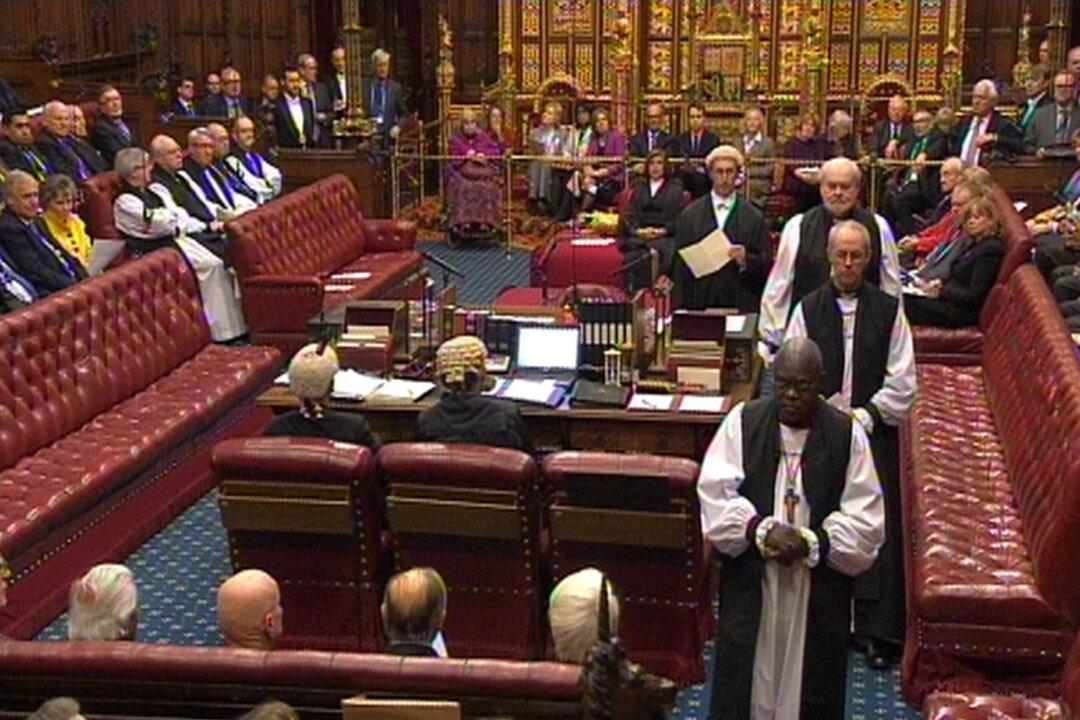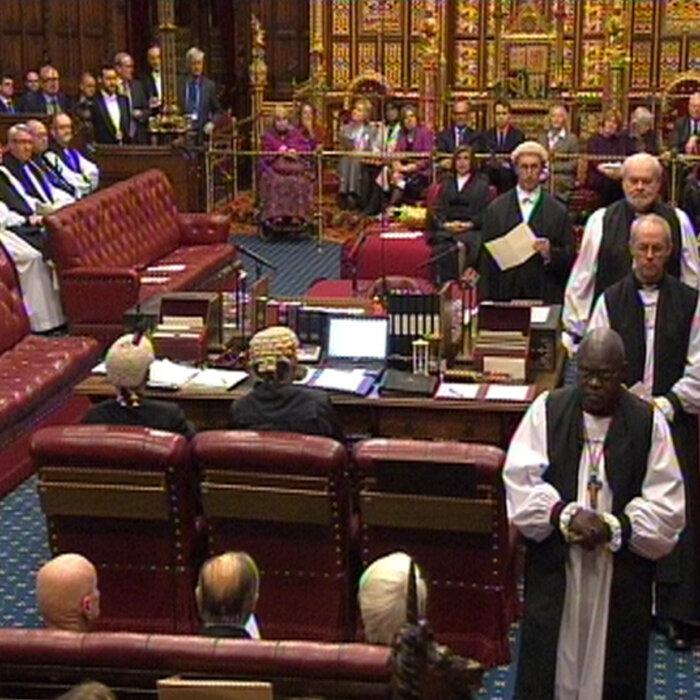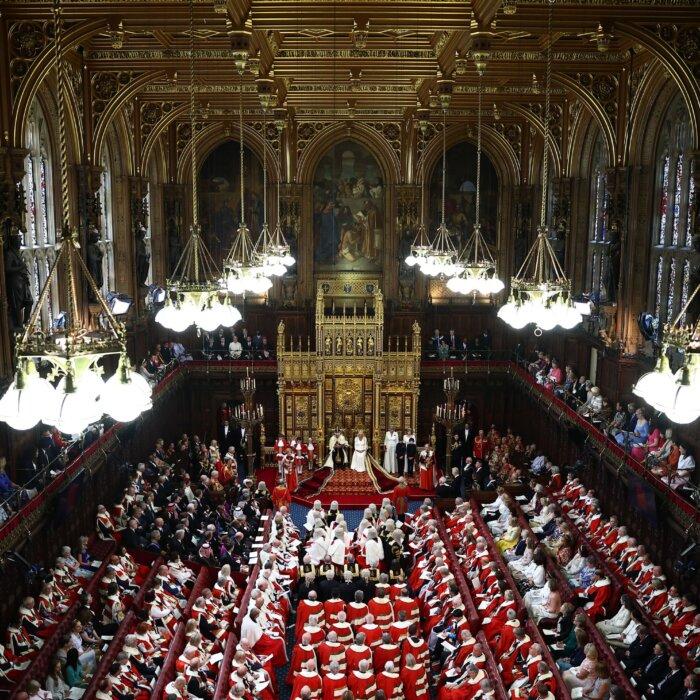MPs have voted down a surprise attempt by a group of Conservative MPs to remove Church of England bishops from the House of Lords.
The government is currently attempting to reform the Lords by removing all hereditary peers, but in an unexpected move, the Conservative former minister Sir Gavin Williamson attempted to add an amendment to Labour’s bill which would have also banished the bishops from the upper chamber.
Williamson argued it is “fundamentally wrong ... that because of the statute of 1847, the Archbishop of Canterbury, the Archbishop of York, the Bishop of London, the Bishop of Durham and the Bishop of Winchester have a right to legislate on my constituents.
“I believe that they have an absolute right to influence the course of public debate, but from the pulpit, not in Parliament.”
His amendment was soundly rejected by 378 votes to 41 in a House of Commons vote on Tuesday. Labour MPs voted it down, despite the fact that many are thought likely to be in favour of secularising the upper chamber.
The division list showed that of the Tory MPs who took part in the vote, 15 voted in favour of the amendment and 18 against.
‘Politicians in Dog Collars’
Conservative former minister Andrew Murrison, who supported the amendment, told MPs: “I’m a practising Anglican and I value the views of bishops, of course I do, but it’s simply not right to have them being politicians in dog collars, I would say, generally propagating a left-liberal worldview.“I would much rather that they were in their diocese engaged in the cure of souls. That’s where I want to see them as an Anglican.”
SNP MP Pete Wishart suggested the bishops should “stick to their ministries,” asking the Commons: “Wouldn’t they be better deployed in dealing with some of the things that we’ve seen in the news (over) the course of the past few days, far less concerning themselves with this attempt to run our country?”
Labour’s election manifesto said it would impose a retirement age of 80 on members of the Lords and stated the party’s long-term ambition for an “alternative second chamber that is more representative of the regions and nations,” although the government has yet to outline a timeline for further changes.
Williamson told the Commons: “It is fundamentally unfair that we still have a situation where you have a block of clerics that have a right and a say over our legislation, over the way that my constituents live.”
He added: “For me, as someone who is an Anglican, I cannot see why I have a greater right for greater representation than my children who are Catholics.
“You have those 26 bishops. They don’t come from every component part of the United Kingdom. They don’t come from Wales, Northern Ireland and Scotland. They only come from England. The composition of those bishops is probably not reflective of today’s world.”
Asked by Williamson why Labour hadn’t been “more bold” with its Bill, Cabinet Office minister Ellie Reeves said that previous attempts at reforming the House of Lords “all in one go” have failed.
Conservative MP Sir Ashley Fox said he is “slightly cynical that you will ever bring forward any future stage and perhaps the solution is to delay commencement until you bring forward those proposals.
‘Constitutional Clickbait’
During a debate in the upper chamber on the same day, Conservative peer Lord Dobbs, known for writing the House Of Cards trilogy, branded the removal of hereditary peers “constitutional clickbait” and said Labour was coming across as “narrow-minded and vindictive” in its desire for reform.He told peers: “We know how hard so many hereditaries have worked, how much they have contributed.
“Yet, at the moment, the government proposes to cut off their noble bells and balls and cast their bodies into the ditch as though they were guilty of some great personal wickedness—not so much the Salisbury Convention as the Cromwell Convention.”
Conservative former minister Lord True said the “execution” of hereditary peers will be unpleasant and cause “great hurt.”
The Bill passed its second reading in the Commons by 435 votes to 73 and will undergo further scrutiny in the Lords, where it could face stiffer resistance.







